For more than 40 years, John “Jack” Bell could never speak about the horror he endured inside the notorious German Prisoner of War camps.
He survived on tiny daily rations of four-year-old potatoes and bread made from sawdust mixed with grains normally used as cattle feed.
But his post-traumatic stress disorder prevented him from speaking of his war memories until his later years. It wasn’t until 1987, when his daughter Sandra urged him to write his experiences down.
“She said dad, mum knows nothing, I know nothing, your grandkids know nothing. For goodness sake, write it down,” Mr Bell said.
“It took me three years, but I’m so glad that I’ve done it … I get emotional and I can’t help it. My mind wanders back to what was really happening. I’m hoping I’m helping somebody.”
Born in 1917 during World War I, the now 102-year-old grew up in Brisbane with his four siblings before he enlisted in the air force on May 24, 1940.
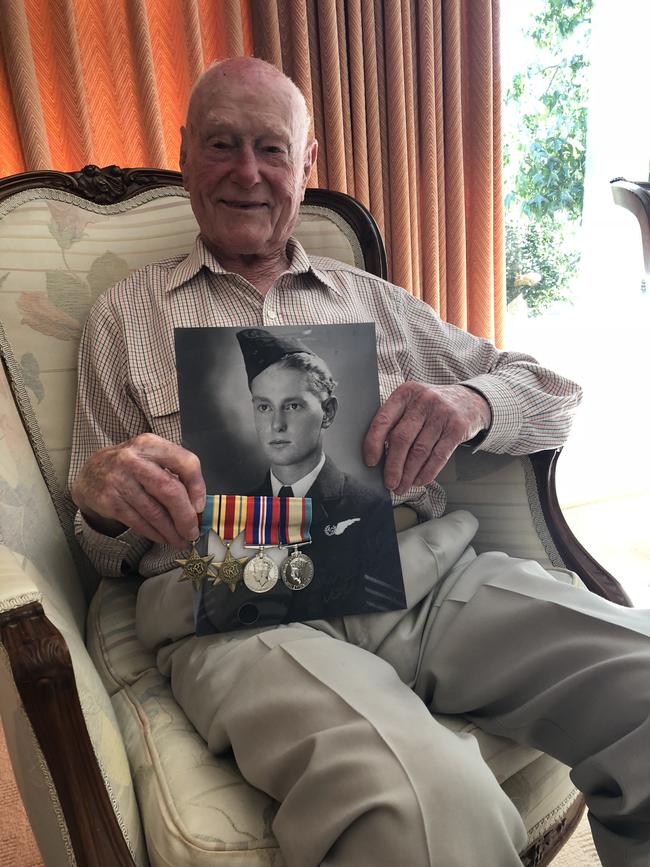
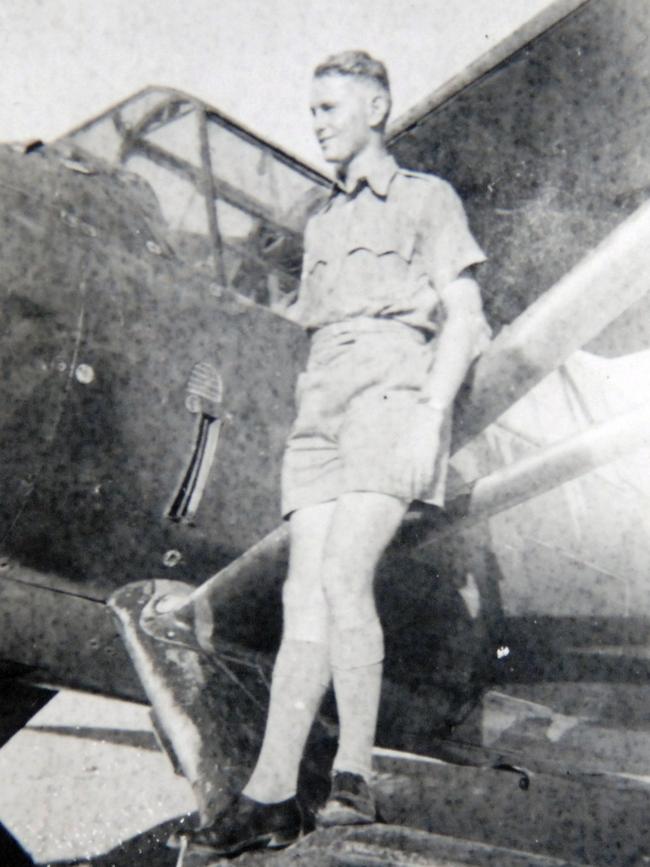
“I spent three years in the militia before the war in the artillery and I was the acting gun sergeant, and we were firing shells over the hills about 3000 yards away,” Mr Bell said.
“When I went to enlist, I arrived there with a suitcase, and civilian clothing. Everyone wanted to be a bloody pilot.
“So when we got a train to Sydney, and stood on the platform at the Central Railway Station, there were the NSW boys and ourselves.”
Incredible ways WWII shaped your world
Ordinary Aussies answer call to arms
An officer then read out the names of the young men and assigned them to where they were going.
“You were either a pilot, the navigator or the wireless operator. I was called a wireless operator,” he said.
“I arrived on May 28 in Ballarat and then went to Evans Head in NSW to the gunnery school …. Of course I knew how to fire a machine gun because I had been with the artillery, but some of the boys didn’t have a clue.”
On February 5 1941, Mr Bell went to Sydney before boarding a convoy of ships with the Queen Mary and said he “assumed to be going to the United Kingdom”.
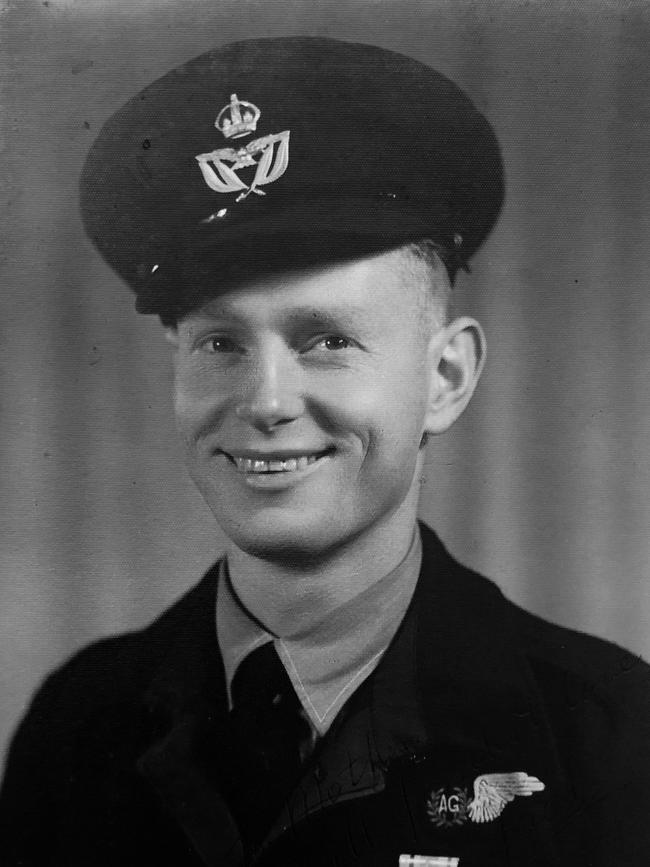
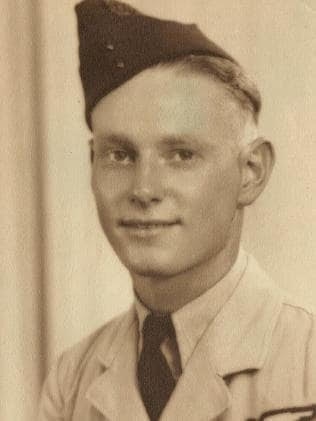
“Suddenly, in the middle of the Indian Ocean, the Queen Mary peeled off and headed on to Malaysia. We continued to, and finished up in Bombay (Mumbai) India,” he said
“We stayed there for a month, and then we were loaded onto the Windsor Castle and taken to Egypt.”
Trained as a wireless operator, he was one of thousands of Australians assigned to English squadrons under the Empire Air Training Scheme.
“After two weeks I was sent to 216 Squadron, but somehow my papers got lost. The four other blokes went on to the squadron, and I was sat in Heliopolis and I didn’t know what to do,” he said.
“Then the Americans arrived with Tomahawks. They arrived, delivered the planes on the air field to 3 Squadron, and went. They left them there, and they didn’t know how to fly this new plane.”
In 1941, he was assigned to RAF 216 Squadron where he flew Bristol Bombays.
“These Bristol Bombays came in, and they were a marvellous aircraft … They only built 53 of them, and it was an unsuccessful bomber,” he said.
“By April of 1941, they were taken out of service and reclassified as bomber transport, which probably was the best thing they did for them.”
Mr Bell recalls the moment they were fired upon one day while landing to supply the Long Range Desert Group, which was an army reconnaissance and raiding unit.
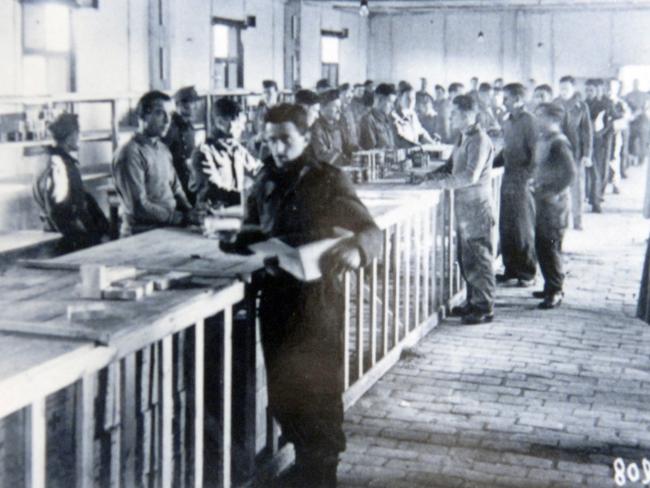
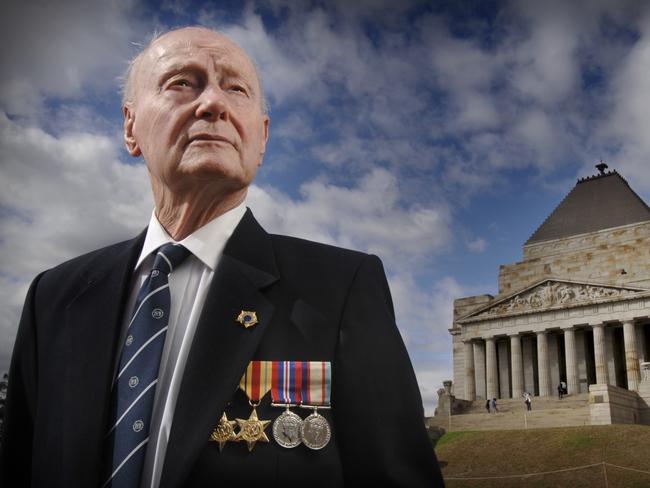
“We would take up fuel, medicine and anyone who was wounded. But one day the plane was taxied under and a Long Range Desert Group truck was under there, which was called a Blitz Buggy,” he said.
“We were supplying on one side of the hill and the plane was on the other side of the hill. Suddenly two ME 109 planes flew over us twice and we were on the ground and the guys from the Long Range Desert Group were tucked away.
“We scrambled up the top, down the other side of the hill, and they came back. They sprayed and they caught the wings of the plane.”
The planes turned around again for one more attack but “suddenly flew off”. Mr Bell said he will never know if they had run out of fuel, or had run out of ammunition.
But in the next attack, Mr Bell and his crew weren’t so lucky.
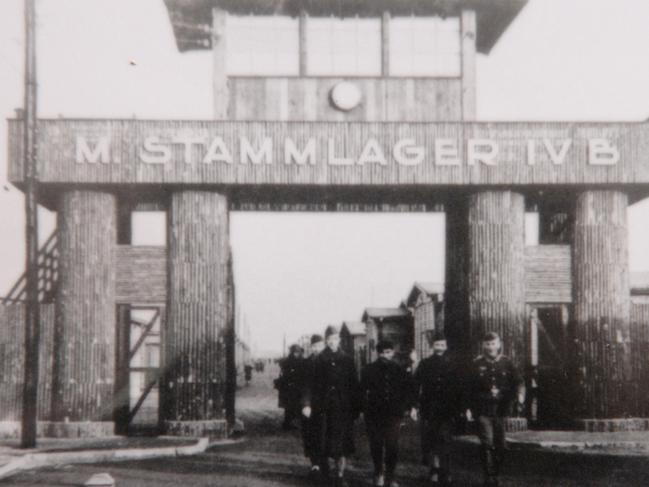
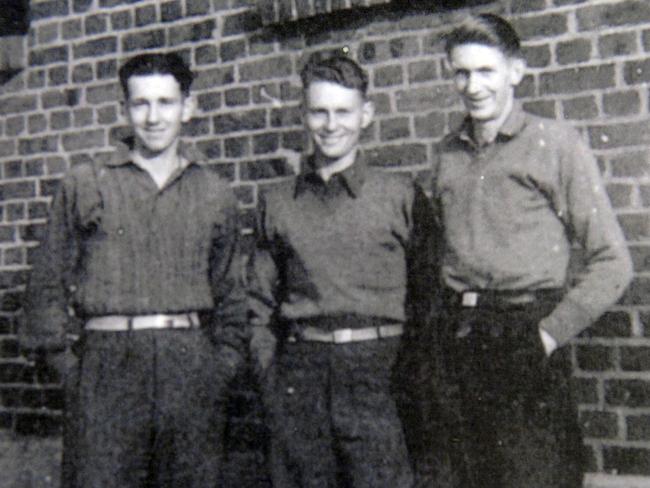
In 1942, while flying over Libya on a mission to collect brigade staff, his aircraft was shot down by the Germans. They had been flying to a small town called Msus, south of Benghazi.
“In the desert, at night time it gets cold and the cloud bank drops. We flew at 3000 feet, then came down to about 1000 feet under the cloud bank,” he said.
“We were probably down to 500-600 feet when he was coming in to land. I couldn’t see out of the aircraft, but the pilot told me that as we came down this huge amount of dust was rising from the ground.
“We didn’t know, but we were passing over a German echelon who were part of the 15th Panzer.”
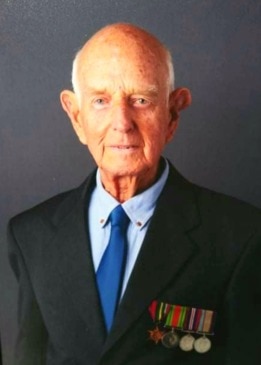
He was forced to jump out of the plane and into the hands on the Germans, where he was held as a prisoner of war for more than three years.
“Doctors came out and assessed the wounded and I was very lucky to survive. Shrapnel hit my right leg, abdomen and my right arm,” he said.
Five months in hospital was followed by several years inside three different camps, including Gravina which had a death rate from starvation of about five to six a week.
“Arriving at the camp I was fortunate that the Australian prisoners there had built the camp, showers and everything there and so it was all done properly,” he said.
“It was a happy camp in that everyone worked together. I only knew of one case where a prisoner of war stole something.
“The mental battle was the most terrible thing. In the end, you all had to help each other.”
More than 30,000 Australians became Prisoners of War (POWs) between 1940 and 1945.
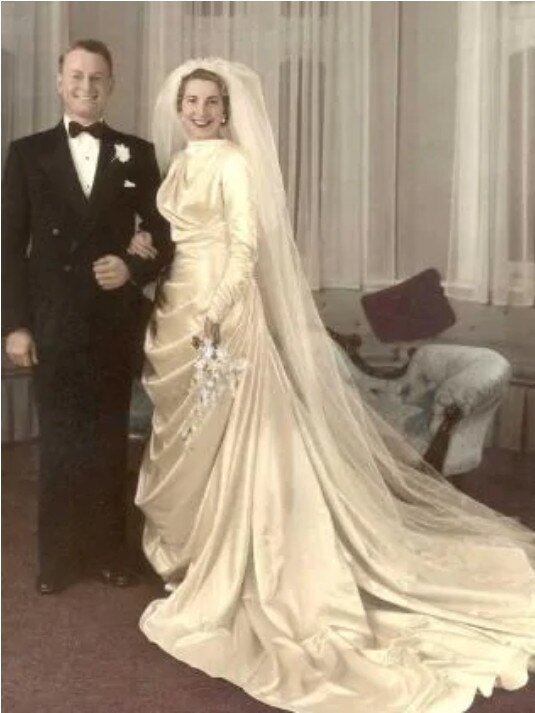
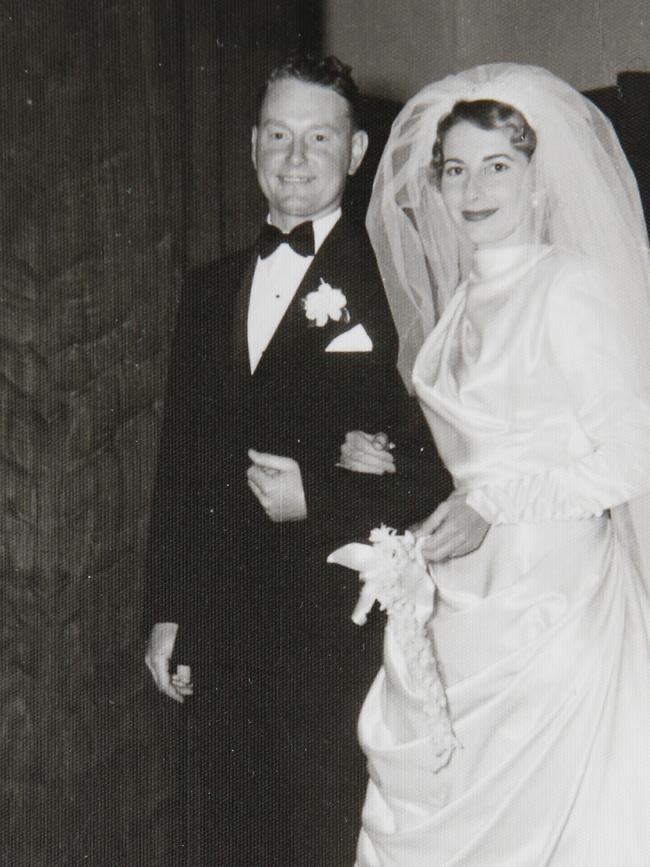
After three years, three months and three weeks incarcerated, the air force veteran, fondly known as “Jack”, finally walked free on May 15 — one week after the Germans surrendered.
It would be another three months before the Japanese surrendered and victory in the Pacific could be declared.
At the time, Mr Bell and his comrades were on a ship on their way back to Australia.
“On August 15, when the Japanese surrendered, we were halfway across the Pacific. It was an incredible feeling,” he said. “We landed here on August 24 and I fell on my knees and kissed the ground at Woolloomooloo in Sydney.”
He then quietly went back to his home the next day in Brisbane.
But despite the trauma and hardship he endured, the centenarian would eventually meet his wife Dolores at the mill office in Melbourne and marry her in 1954.
“My advice in life is always give and don’t take. Simple as that,” he said.

Add your comment to this story
To join the conversation, please log in. Don't have an account? Register
Join the conversation, you are commenting as Logout